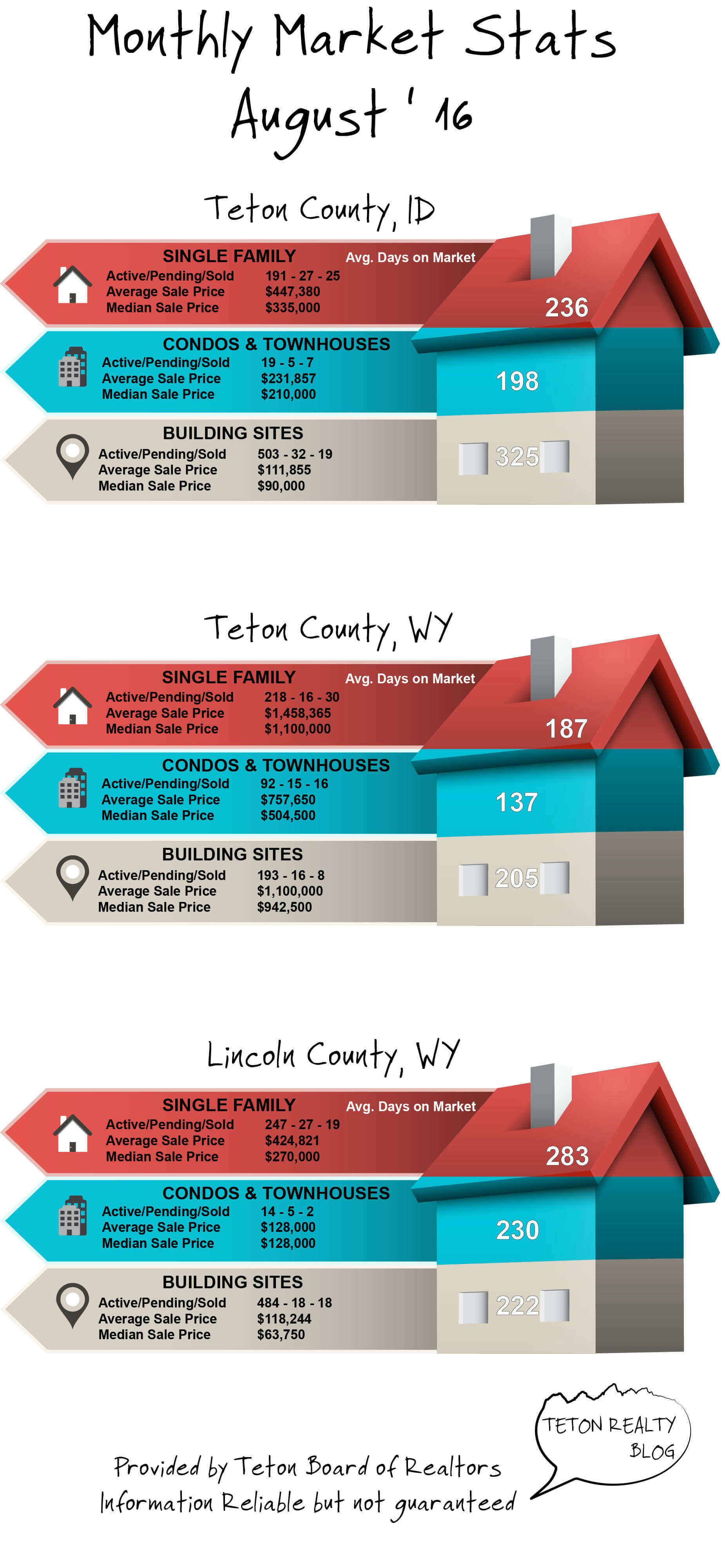 Whenever I am showing property or listing homes for sale, (particularly this time of year) this tends to be a “hot” topic. How is the home heated? How efficient is the system? Is it comfortable and reliable? All good questions, but 1 system can’t check all the boxes in most cases.
Whenever I am showing property or listing homes for sale, (particularly this time of year) this tends to be a “hot” topic. How is the home heated? How efficient is the system? Is it comfortable and reliable? All good questions, but 1 system can’t check all the boxes in most cases.
Efficiency:
Since there are different types of heating systems that can be used with different fuel sources, let’s focus on fuel types first. Since we do not have Natural Gas infrastructure in Teton Valley, we will focus on the most common types, Propane and Electricity. As I type this, propane is at an absurdly low price per gallon, roughly $1 per gallon. Electricity is measured in kilowatt hours, and is roughly 7 cents per kilowatt. It’s important to know that propane can fluctuate, and can even be volatile at times. Electricity will rise over time, but has historically been very predictable. Further, our region (mainly Idaho) operates mostly on hydroelectric power. In fact, Idaho produces roughly 60% of it’s power needs by means of hydroelectricity, more than any other state in the west at this time.
Electricity:
7 cents/kilowatt (Fall River Electric Estimate, 2016)
BTU’s produced by 1 kilowatt = 3,413
Propane:
$??/gallon
BTU’s produced by 1 gallon of Propane = 91,500
Let’s do the math:
Using the above information, we can determine 1 gallon of propane = about 27 kilowatts. That said, at the current 7 cents per kilowatt, 1 gallon of propane would need to be $1.89 per gallon to be comparable. Since most forms of electric heat are 100% efficient (or more) and propane is usually 90% efficient (or less) let’s reduce that $1.89 an additional 10% to $1.70/gallon. Moral of the story? If propane is is less than $1.70 per gallon, your dollar is probably travelling a little further. If propane is over $1.70 per gallon, your electric forms of heat make more sense.
Types of heat, comfort, pros & cons:
This is a big one, what is the most comfortable form of heating (or cooling)?
In-Floor
In-floor heat systems can be propane fired or electrically heated, so you can choose whatever makes the most sense on the efficiency front. It creates a nice warm floor, great for cold feet during Teton Valley’s winters. The downsides? In-floor systems are known for taking a full day to warm up, and don’t regulate temperatures easily. Also, without an alternative source, these systems don’t provide a cooling solution.
Wall Heaters
These little electric heaters have a self contained fan and an electric coil. They are cheap to install, and usually have a thermostat for each room, so rooms that are not being used can be turned down, or turned off completely. These systems have been concern for fire hazard, and tend to be noisy, especially when they are not regularly cleaned and maintained.
Baseboard Heaters
Similar to the wall heaters, though these units radiate heat rather than force, or blow heat over electric coils. They rely on convection to circulate the heat throughout a room, which is why you oftentimes see them below a window. Heat rises, cold air (through the least insulated area in a room – ie a window) falls, and thus convection is created.
Forced-Air (traditional furnace)
This form of heat is a centrally located blower (called an air handler) with coils heated electrically or with propane. The air blows over the hot coils, heats the air, and circulates the warm air throughout the rooms. The ducts attached to the air handler can have dampers that shut off the ducts to certain rooms, creating a zoned system. However, without zoning capabilities, forced air systems tend to send too much heat to certain rooms, and not enough to others. On the bright side, the do heat up, or cool down very quickly.
The above about sums it up for the types of systems we typically see in this area, though I did not mention geothermal, heat pumps, or mini-splits. These systems transfer heat, rather than creating it. They work in conjunction with a refrigerant, a condenser, and a compressor. Without going into detail, these systems can work by transferring heat from the outside in, or from the inside out, depending on the season and system demands. With today’s technology, heat pumps can have a hard time creating heat efficiently in the areas extreme cold. However, some mini-splits (an outdoor compressor and an indoor fan) are now operating efficiently down to approximately -15 degrees F. In addition to having a heating an cooling solution in one package, these systems can be very efficient, sometimes as much as 200% (estimated) efficient in ideal conditions. That means propane would need to be 85 cents (or less) per gallon to meet these efficiency standards.
Reliability:
Reliability can be a concern, particularly for those from areas prone to winter outages due to ice storms. That isn’t too common here, though the power will go out periodically – usually not for long. However, if it does, a small backup generator isn’t likely able to keep up with your home’s essentials such as the refrigerator, freezer, emergency lights, wifi (kidding) as well as an all electric heat system. However, a propane fired in-floor system, forced air, or wall mounted unit uses very little electricity. In most cases a reasonable generator won’t have any issue keeping up.
sources: National Hydro Power Association, hydro.org


 ***Tayson is not a lender. confirm the below “good practices” with your lender.
***Tayson is not a lender. confirm the below “good practices” with your lender.